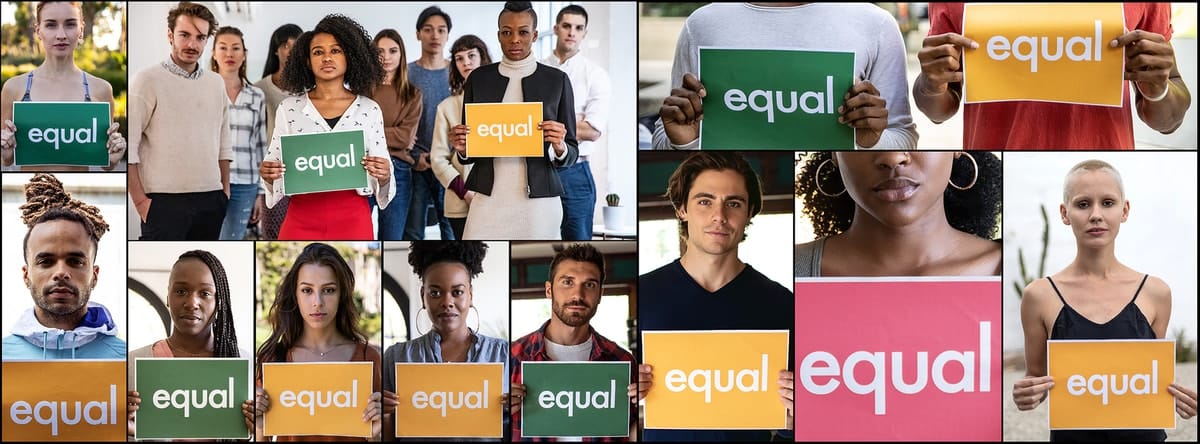
Monash mental health expert and Finkel Professor of Global Health, Jane Fisher, believes that equity in health outcomes – particularly women’s mental health – can be advanced through gender competence in healthcare.
She says that researchers, clinicians and public health professionals who are gender-competent “can be powerful agents of social change”.
Professor Fisher was recently invited to write a perspective piece for the influential international journal World Psychiatry, in which she considered the adverse impact and lost opportunities for mental health promotion of the gender-based beliefs and attitudes that clinicians and researchers can adhere to, and that influence what they say and do.

Professor Fisher argues that gender competence – which refers to the ability to recognise the stereotypes we each hold about characteristics, capabilities and behaviours based on a person’s sex, to be conscious of how these influence our thoughts, and then to act intentionally to counter these – is key to improving women’s health globally.
Cultural competence related to consideration of culture in practices and services is a more familiar construct. Professor Fisher says that gender competence requires us to recognise and address individual attitudes and behaviours, and organisational policies and practices that devalue women.
As an illustrative example, she says that worldwide, women carry disproportionate burdens of unpaid household work and caregiving. However, this is not dignified with the language, frameworks and protections of income-generating work.
Stereotypes about this are revealed in how clinicians enquire about the experiences of women who have recently given birth and are caring for infants (Are you working? Does he help you? When are you going back to work?). Women incorporate these stereotypes, devaluing their own work reflected in responses such as: “I don’t work, I’m only a mother.”
Another is that women are more at risk than their male counterparts of childhood maltreatment and violence perpetrated by an intimate partner. Violent transgressions of the human rights of women and girls can begin before birth, says Professor Fisher, and occur across the life course in domestic, institutional and community settings.
“They can include, but are not limited to, female feticide, sexual abuse of girls, female genital mutilation, dowry-related violence, sexual harassment and intimidation at work, trafficking, and violence perpetrated by an intimate partner.”
Prevalence varies among countries, but violence against women and girls is a universal phenomenon.
Violence against women largely overlooked
The World Health Organization considers violence to be the principal gender-related cause of mental health problems among women. “However, until quite recently, violence against women has been largely overlooked in both research and clinical practice,” says Professor Fisher.
“The aim of gender competence is to understand and address discrimination, interpersonal violence and devaluation, and to help women overcome internalised beliefs about roles, rights and responsibilities.”
She also says that the predominant theme in contemporary literature is that women's mental health problems are biologically caused, and have adverse effects on their partners, children and families. The alternative interpretation that their mental health problems might be a consequence of their experiences of gender-based risks remains rare.
“Specific acknowledgement of these risks is necessary in order to reduce the higher prevalence of mental health problems among women,” says Professor Fisher.
“The aim of gender competence is to understand and address discrimination, interpersonal violence and devaluation, and to help women overcome internalised beliefs about roles, rights and responsibilities,” say Professor Fisher.
Professor Fisher leads Monash’s Global and Women’s Health unit, is the immediate past president for the International Marcé Society for Perinatal Mental Health, and is an expert technical advisor to international agencies including the World Health Organization, UNICEF, and the United Nations Population Fund.
“We also need to learn about gender‐based policies and initiatives which improve health equity, and be on the lookout for actions to counter gender‐based stereotypes in our professional environments,” says Professor Fisher.
Equal and enabled
“On the eve of International Women’s Day, it’s important to reflect on what we can do as researchers, health practitioners, and as individuals to reduce health inequity,” says Professor Fisher.
This year’s theme is #EachforEqual – an equal world is an enabled world.
“We’re being urged to choose to challenge stereotypes, fight bias, broaden perceptions, improve situations, and celebrate women’s achievements,” says Professor Fisher.
UN Secretary-General António Guterres last week reinforced the United Nations’ commitment to eliminating gender-based discrimination, calling for an action plan to empower women and girls, and to reduce inequalities by 2030.
Guterres said: “Just as colonialism was a stain on previous centuries, women’s inequality should shame us all in the 21st. Because it is not only unacceptable, it is stupid.”
The UN’s Sustainable Development Goal (SDG) No.3 is to ensure healthy lives and promote wellbeing for all at all ages, and No.5 is to promote gender equality by ending discrimination against women and girls everywhere.
“Gender competence may just be the right lever to enable us to reach these goals,” says Professor Fisher.





